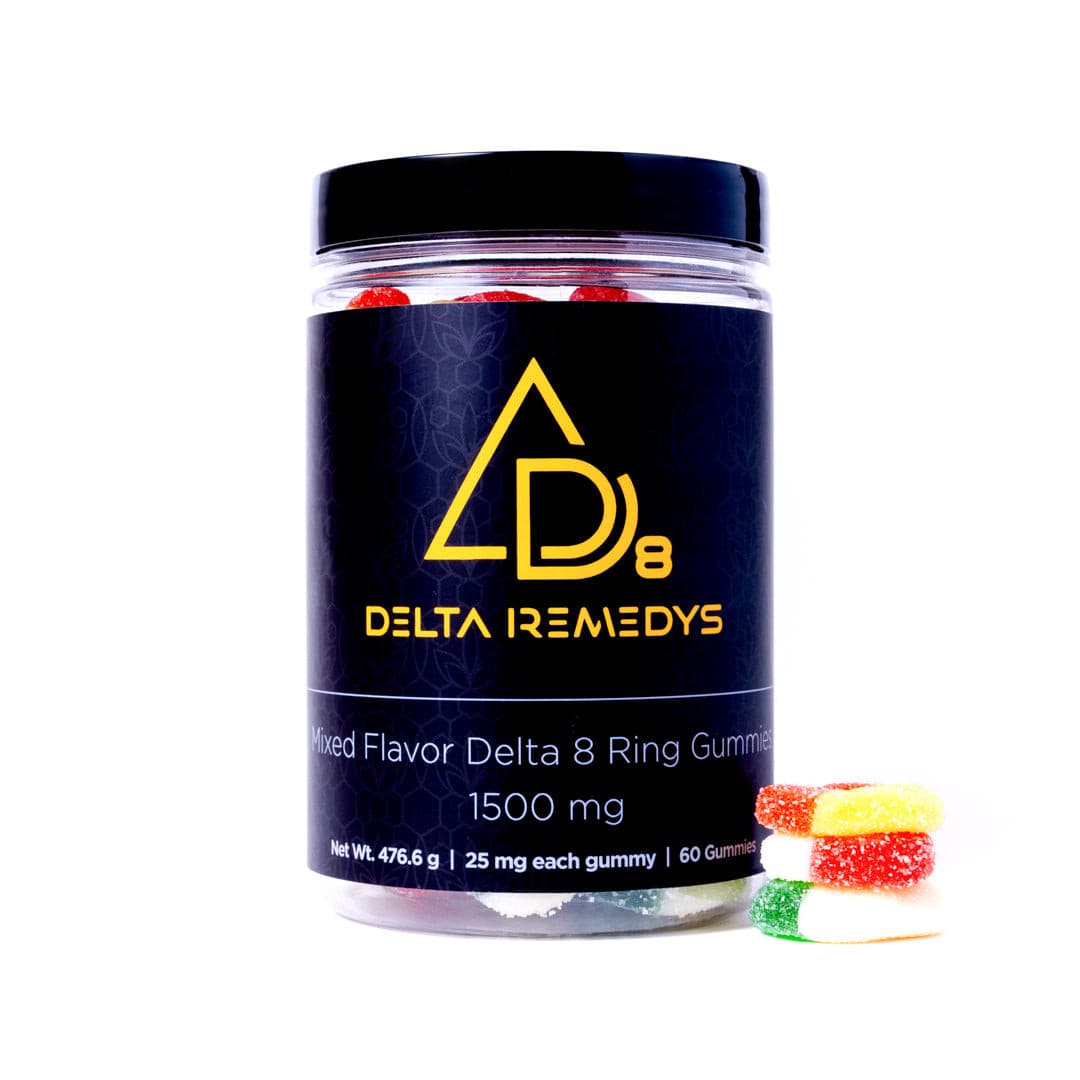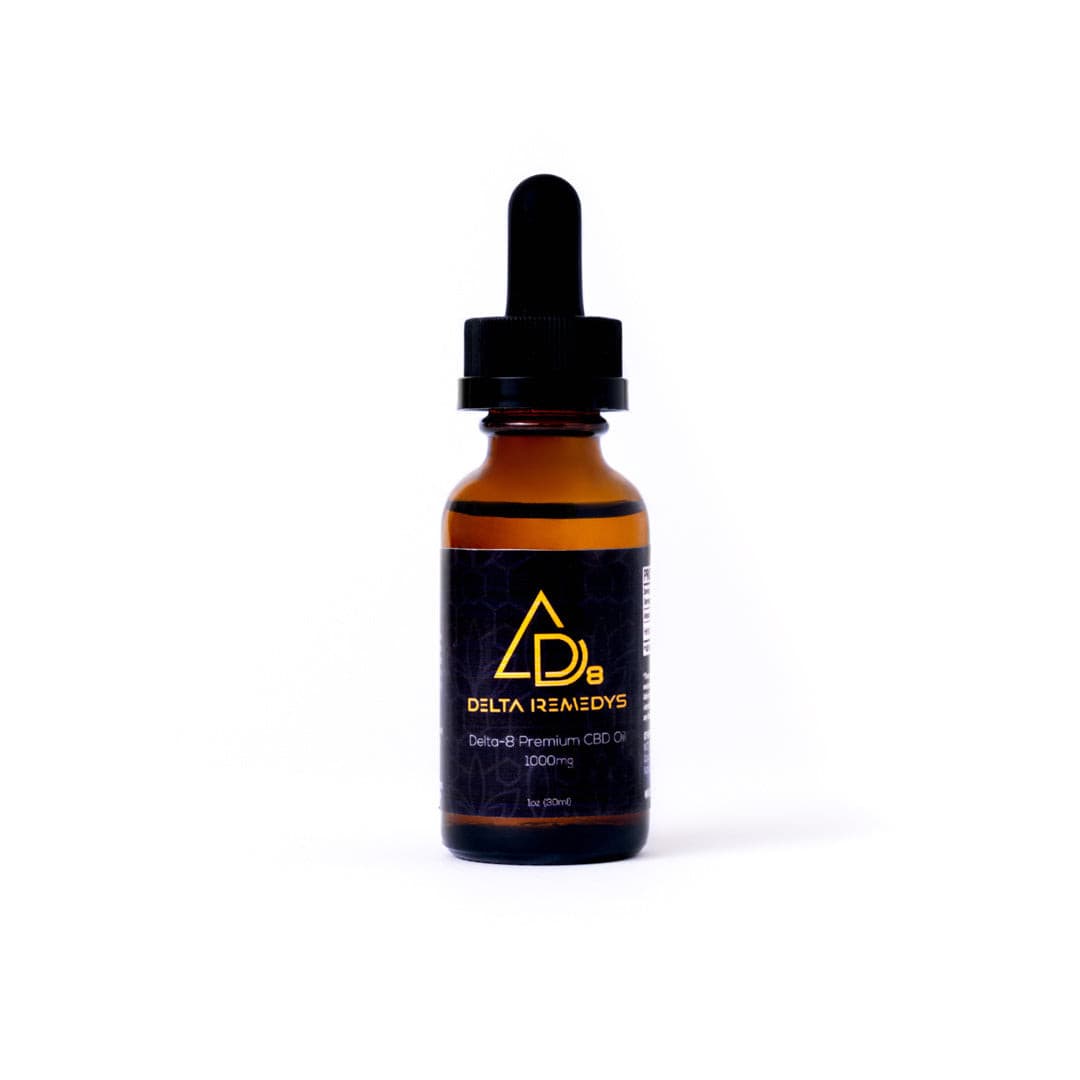There is still a lot we don’t know about the effects of marijuana on the heart, despite the fact that over 2 million Americans with cardiac issues say they’ve used it. Moreover, they reported that people with heart failure majorly weren’t users of marijuana.
However, it is recognized that the drug has the potential to interact dangerously with common heart treatments like statins and blood thinners, placing patients at risk by disturbing blood vessels and increasing the chances of atrial fibrillation. So somewhere, we can’t overlook the THC relationship with heart health.
The effects of statins and blood thinners may be altered by marijuana use. This is due to the fact that the chemicals in marijuana are metabolized by the same liver enzymes responsible for metabolizing statins and blood thinners. Medications may not work as well or as potently if used together with marijuana.
Marijuana use is associated with both positive and negative health outcomes. The main psychoactive ingredient in marijuana, THC, is also linked to negative effects on heart health.
If you’re concerned about your heart health and want to know how THC might cause negative or positive cardiovascular effects, keep reading.
THC: What is it?
The psychotropic component of marijuana is known as tetrahydrocannabinol (THC). CBD (cannabidiol) is the other key active component of marijuana, and unlike THC, it does not lead to euphoria or contracted blood vessels which results in atrial fibrillation.
The effects of marijuana depend on the ratio of THC to CBD in the product, according to some observational studies. Although cannabis or recreational marijuana (in the form of THC and CBD) may have some positive health effects, there are also serious hazards and adverse effects that should be taken into account.
Smoking Cannabis may damage your heart more than eating THC Gummies
Recreational cannabis consumed in another form, such as an edible, may be better for the heart than smoking cannabis. This is due to the fact that the combustion of cannabis releases substances such as nitrogen oxides as well as hydrogen cyanide, both of which are known to have the potential to have negative effects on the circulatory system. Cannabinoids are also released during this process.
Some of the most common dangerous cardiovascular events modulated by CB-2 receptors include severer chest pain, risk of strokes, increased risk of heart attacks, ischemic stroke, chronic bronchitis, ventricular fibrillation, and chronic pain in the overall body. However, additional study is required to fully understand the effects of cannabis’s many components that might hurt people with heart disease or severe cardiovascular events.
Users of edible are not completely immune when compared to people who enjoy smoking marijuana. The THC in edibles can also have a delayed effect on the body, which could increase the strain on the heart after it has been absorbed into the bloodstream.
=== split content ===
Cannabis for Stroke and Heart Disease Treatment
It is up to the patient to decide whether or not to use cannabis products to alleviate symptoms of heart disease and ischemic stroke. Medical marijuana is only available with a doctor’s recommendation.
There have been conversations about making medical cannabis products (used for treating minor and major diseases such as muscle tightness, ventricular tachycardia, ventricular fibrillation, and ischemic stroke discomfort) available without a doctor’s recommendation.
But it is very important to discuss the potential advantages and disadvantages of medical cannabis use with your doctor. Although cannabis products do not violate state law when it comes to the legalization of cannabis, study author at Dalhousie University has neither approved nor studied their usage for therapeutic purposes like avoiding ischemic strokes and ventricular tachycardia which can happen due to malfunction in CB-2 receptors.
Potential Marijuana-Related Symptoms
Marijuana, which comes from the cannabis plant, can be enjoyed by smoking cigarettes or consumed orally. The chemicals cannabidiol (CBD) and tetrahydrocannabinol (THC) make up the bulk of its chemical makeup.
According to senior author and researchers, the psychoactive ingredient in marijuana is THC. Although many OTC products claim to include only CBD extract, there is no assurance that they do not also contain THC or that they contain the amount of CBD indicated.
THC has been permitted only for medical purposes in 36 states but has been legal for adults in almost a dozen states. This is because it was first legalized in California in 1996. People with particular symptoms of heart failure or very low beats per minutes may be interested in the medicine because of its purported benefits for other illnesses.
Heart Rhythm Disturbances with THC
Researchers with current evidences are not completely aware of the impact that marijuana’s hundreds of chemicals may have on the body, despite the fact that marijuana includes these compounds like synthetic cannabinoids.
Researchers have concentrated their attention on current evidences on the ways in which marijuana affects both the brain and the central nervous system. This is because of its psychoactive properties without any negative impact.
However, there is evidence that heavy cannabis also has an effect on heart palpitations, irregular heart rhythm, and many other heart rhythm abnormalities.
There have been multiple reported examples of marijuana use leading to changes in the rhythm of a person’s heart, and heart palpitations, and there has even been one fatal arrhythmia linked to its use.
It’s possible that these incidents are linked to pre-existing problems that were made worse by using marijuana. Such as irregular heart rhythm, and many other heart rhythm disturbances. At least one patient with atrial fibrillation or heart palpitations experienced an effect that lingered long after the high had passed.
After smoking marijuana, some users have reported experiencing symptoms similar to those of a heart attack. Some common ones are irregular heart rhythms and other heart rhythm abnormalities.
If you have recently used marijuana and are having chest pain or heart palpitations (commonly sinus tachycardia), it is imperative that you seek medical assistance as soon as possible. Since the effects of marijuana on the heart are not fully understood at this time, the symptoms, despite the fact that they could be harmless, could potentially be related to a heart problem that is caused by heavy marijuana or even a pre-existing one.
THC Usage and Risk of Cardiovascular Disease
Due to a scarcity of studies, we know very little about the potential dangers of marijuana use in the case of heart conditions such as heart palpitations (commonly sinus tachycardia). However, here is what we do know about THC and cardiovascular health in patients with heart diseases like irregular heart rhythm:
1, Teens and young adults who used cannabis were tracked over time in a human study,and no increased risk of cardiovascular disease or death due to bad heart condition was detected unless cigarette use was also present.
2. There is mounting evidence that cannabis edibles use raises the odds of both heart attack and stroke among other risk for heart disease (such as low blood flow or increase in blood pressure among other effects on heart health).
3. Young people who use cannabis are more likely to be hospitalized due to heart problems such as a bump in heart rate or intense chest pain.
4. Cannabis users are more likely than non-users to experience issues like arthritis pain, or arrhythmias (irregular cardiac rhythm) with a combination of repeats of chest pain while hospitalized among patients with heart disease.
THC Users at Risk For Heart Disease
Use of THC gummies may increase your risk of heart disease in the following conditions:
- You experience cardiac problems or heart rhythm disorders
- You suffer from hypertension
- You have an abnormal heartbeat which might lead to congestive heart failure, cannabis-related stroke, high cholesterol levels, etc.
- Using specific pharmaceuticals or traditional medicine for ischemic heart disease
Increases in heart rate with a major risk of heart attacks and blood pressure, caused by THC recreational drug, can exacerbate preexisting problems. THC may have drug interactions with prescription drugs that patients with heart diseases are already taking if they do not discuss the impact of marijuana with your doctor.
Limitations of the Study and Future Directions
Several problems are being studied in the case of THC gummies and heart issues at the federal level. First, there was no proof that connecting cannabis usage with the risk for heart attacks was a causative one. So the link between marijuana use and heart issues is still blurry.
In the majority of recent studies, mice were utilized, therefore the cardiac event results should be interpreted with caution as no humans are present who consume heavy marijuana or smoke tobacco cigarettes while the research is going on.
The study may also lack consistency with other studies in the field, according to many experts. However, the random findings suggested that genistein might help reduce the risk of adverse consequences from cannabis use while preserving some of the drug’s positive effects. The credit goes to your cannabinoid receptors present as a healthy endocannabinoid receptor system.
While there may be many benefits to using THC gummies, there is also a risk that a single marijuana joint with heavy THC content in tobacco smoke could worsen the health of elderly persons who already have cardiovascular disease.
If an elderly tobacco user continues to use THC, he might experience lung damage of serious lung injury in the long run. This can be one of the biggest risk factors along with common cardiovascular risk factors.
Scientific Cardiovascular Link
The high dose of THC in a human system can lead to nervousness and hallucinations, among other negative effects with major potential for abuse with drug. In this case, a heart attack can probably be brought on by the stress a person experiences, which might trigger a reaction in the sympathetic nervous system.
A person’s heart rate and blood pressure will be spiked and the stress hormone catecholamine will be released, indicating a cardiac episode. Once the man’s high had worn off, his chest problem will probably disappear and better psychoactive effects leaves.
A correlation between cannabis use and sudden cardiovascular problems (such as Aneurysmal Subarachnoid Hemorrhage) has been noted in previous investigations. Sudden cardiac arrest, stroke, and even death have all been reported in some studies with high-dose THC.
Cannabis and Link to Cardiac Arrhythmias
As of right now, there are no restrictions placed on the use of cannabis, which has led to the widespread consumption of cannabis, ignoring the psychiatric side effects of excess use.
There are two different types of consumption of cannabis extracts. The first one comes with THC, which helps improve sleep, stimulate appetite, and treat chronic pain. However, it must be used with caution by frequent cannabis users since it affects the heart and can cause intoxication.
On the other hand, we are talking about CBD, which helps reduce skin inflammation and counteracts the negative effects of THC often present in legal cannabis products. Both types of cannabis extracts can be purchased online at proper dosage levels.
When taken in excess, legal cannabis products can have a number of negative consequences on the user, including an elevated heart rate and the development of arrhythmias, unlike proper cardiovascular medicine. Those who already have coronary artery disease or suffered from hemorrhagic stroke run the risk of having a severe and sudden heart attack brought on by this illicit drug.
In addition, persons who have a chronic health condition and take cardiovascular medicines should discuss the use of an illicit drug like cannabis with their doctor before beginning treatment with cannabis to avoid harmful coronary events.
This is because each ailment is unique and the treatments for each illicit drug are different. Therefore, using cannabis alongside certain medications for hemorrhagic stroke can have unintended consequences and acute coronary events.
Does the Use of Cannabis Gummies Have Any Impact on Blood Pressure?
Marijuana may cause a slight elevation in the blood pressure of patients with heart disease and their heart rate. There is a strong correlation between this finding and the amount of marijuana consumed, with bigger doses producing more severe effects than lesser doses produce.
People who already have hypertension should probably steer clear of extensive marijuana use for this very reason. Marijuana usage has been associated with orthostatic hypotension, which describes a fast dip in blood pressure that occurs when a person stands up from sitting.
This phenomenon can occur even if marijuana use can generate high blood pressure. It is possible to have high blood pressure while at the same time experiencing orthostatic hypotension after changing postures.
There is a paucity of information available regarding the effects that marijuana has on blood pressure and cardiovascular disease. Marijuana use was not shown to be associated with an increased risk of cardiovascular disease in one comprehensive investigation.
On the other hand, other research discovered that persons who were exposed to marijuana experienced chest pain at an earlier stage and that the drug may raise the likelihood of having a heart attack.
=== split content ===
A Cautionary Note
Medical professionals have offered recommendations for those of advanced age who consume and enjoy the legalization of marijuana after reviewing the latest cases in North America.
People are encouraged to take the smallest effective dose of the illicit drug cannabis to take benefit from its therapeutic effects. You can enjoy a couple of licks and create fond memories with high quality THC gummies, without worrying about acute coronary events.
People who have or are at high risk for cardiovascular disease or coronary events should avoid marijuana smoking or illicit drug THC high content as it can create frustration with products, especially potent marijuana edibles in high dosage levels. The main victim behind those is often CB-2 receptors.
Cannabidiol in less potent marijuana edibles, on the other hand, has no intoxicating or acute effects and could be a good substitute without any adverse side effects or acute coronary events.
Tolerance and preferred way of consumption are two further considerations that need to be made when you seek the long-term effects of THC gummies. Long-term marijuana smokers, for instance, are less likely to suffer from edible cannabis unpleasant effects than those non-cannabis users who try it for the first time in larger proportions.
A person would absorb more THC with the help of CB-2 receptors from consuming potent marijuana edibles, such as a THC-infused brownie or face Marijuana Lollipop-Induced Myocardial Infarction when compared to using a vaporizer or cannabis smoke from marijuana cigarettes.
This short-term bump can be one of the potential risks for your health as cigarette smoking or marijuana smoking is the worst case of THC products with Vitamin E acetate.
Most of the pieces of evidence about marijuana cigarettes are associated with heavy smoking with various strains of marijuana that hits your CB-2 receptors directly. So, if you are looking for medical marijuana to reap its beneficial effects, choose high-quality edibles for the consumption of cannabis.
Conclusion
Marijuana is frequently referred to as a risk-free substance with beneficial effects; nonetheless, it is crucial to be aware that using high levels of marijuana can result in a variety of unpleasant health effects and even potentially dangerous adverse effects. The most common ones are often psychiatric side effects among other physical issues seen in frequent cannabis users.
Sometimes, these side effects on heart health can be mistaken for other medical or mental health disorders, especially if they are severe enough. Marijuana usage can also sometimes lead to the development of other disorders, such as cardiac troubles or symptoms of heart failure and psychosis, which can arise later in life, especially in people with heart failure. So there is a relationship with heart health.
It is believed that as marijuana becomes less illegal, more research will be conducted on its potential negative consequences and the association between cannabis use and heart issues like ischemic attacks.
Recently a 29-year-old heart transplant patient was diagnosed with ventricular tachycardia with a link to marijuana smoking. This was solid evidence about marijuana and some particular strains of marijuana.
It is important to focus on public education right now, especially for the ageing population when it comes to the temporal relationship between the positive effects of cannabis use and cardiovascular conditions.





